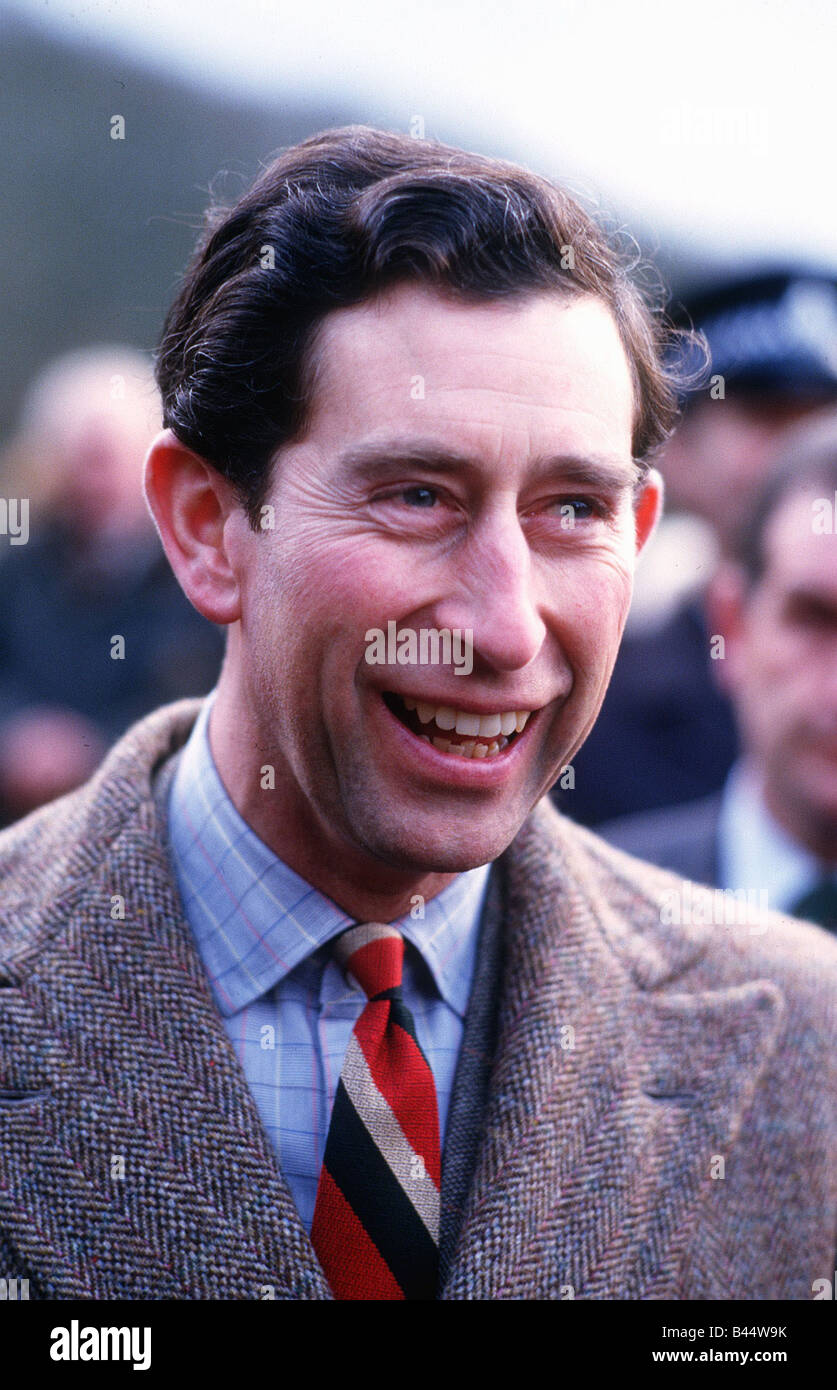
Introduction
The ascension of King Charles III marks a pivotal moment in the history of the British monarchy. Following the passing of his mother, Queen Elizabeth II, in September 2022, Charles became king at a time when the institution faces numerous challenges. Understanding his role and the relevance of his reign is crucial as Britain navigates a rapidly changing world.
Path to Kingship
Born on November 14, 1948, Charles, the eldest son of the then-Princess Elizabeth and Prince Philip, grew up in the shadow of his mother’s eventual reign. His life has been characterized by a commitment to public service and environmental issues, making him a progressive figure in royal circles. His decades of charitable work and advocacy for climate change and social issues have shaped public perception, with many hoping he will bring a modern touch to the dusty traditions of the monarchy.
Challenges Faced
As king, Charles must navigate sensitive modern issues, including Brexit’s aftermath, social inequalities, and the ongoing effects of the COVID-19 pandemic. His first year saw him emphasize the importance of healing the nation, promoting unity, and addressing climate concerns. Moreover, the monarchy’s relevance is continually examined, with increased scrutiny on its funding and operations. Charles has inherited these dilemmas, and his approach will greatly influence royalty’s future in the UK.
Significant Events Since the Ascension
In May 2023, King Charles was officially crowned at Westminster Abbey, a momentous ceremony attended by dignitaries from around the globe. The event was a blend of tradition and innovation, reflecting his vision for a contemporary monarchy. King Charles used the platform to address critical global issues, reinforcing his commitment to the environment while upholding the ceremonial aspects of royal tradition.
Conclusion
The reign of King Charles III is just beginning, yet it promises to be one of transformation and adaptation. As societal values shift and new challenges emerge, all eyes will be on how King Charles balances the rich heritage of the monarchy with the pressing needs of modern Britain. His reign may well define the future of the royal institution, determining its place and role in a fast-evolving world. For citizens and observers alike, King Charles represents both continuity and change—a modern monarch poised to navigate these historic times.



